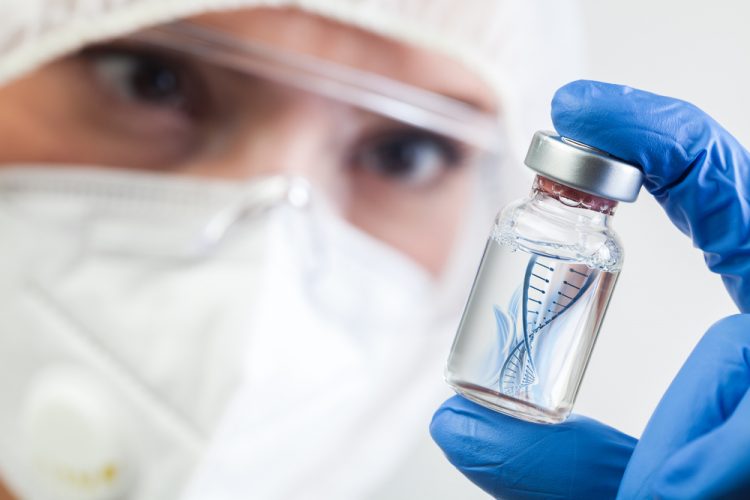The Future of Biosimilars: Opportunities and Challenges for the Biopharmaceutical Industry

Biosimilars have made a significant impact on the biopharmaceutical industry and are becoming an increasingly important part of the healthcare landscape. With new advances in biotechnology and an increasing demand for more affordable and effective biologic treatments, the future of biosimilars looks bright. However, the biopharmaceutical industry is not without its challenges and there are a number of opportunities and obstacles that must be overcome in order to ensure the continued growth and success of biosimilars. In this blog post, we will explore the future of biosimilars and examine the opportunities and challenges facing the biopharmaceutical industry.
Opportunities
One of the biggest opportunities for biosimilars is the growing demand for more affordable biologic treatments. As the cost of healthcare continues to rise, patients are seeking out more cost-effective alternatives to traditional biologic treatments. Biosimilars offer a solution to this problem, providing high-quality biologic treatments at a lower cost. This has the potential to increase patient access to life-saving medicines and improve overall healthcare outcomes.
Another opportunity for biosimilars is the potential for increased competition in the biopharmaceutical industry. With more biosimilars becoming available, pharmaceutical companies are facing increased pressure to produce high-quality products at a competitive price. This increased competition can drive innovation and improve the overall quality of biologic treatments available to patients.
Challenges
One of the biggest challenges facing the biopharmaceutical industry is ensuring the quality and safety of biosimilars. Unlike traditional biologic treatments, which have a well-established history of safety and efficacy, biosimilars are relatively new and there is still much to be learned about their long-term effects. This makes it imperative that pharmaceutical companies invest in research and development to ensure the quality and safety of these treatments.
Another challenge facing the biopharmaceutical industry is the difficulty in gaining regulatory approval for new biosimilars. The approval process can be lengthy and complex, and there are many regulatory hurdles that must be overcome in order to bring a new biosimilar to market. This can be a significant barrier to entry for new entrants to the market, and may limit the overall growth and success of biosimilars.
Conclusion
In conclusion, the future of biosimilars is filled with both opportunities and challenges. The growing demand for more affordable biologic treatments, the potential for increased competition, and the potential for driving innovation in the field of biologic medicine are all opportunities that should be embraced by the biopharmaceutical industry. However, there are also challenges that must be overcome, such as ensuring the quality and safety of biosimilars and overcoming the hurdles of regulatory approval. With the right investments in research and development, the biopharmaceutical industry can overcome these challenges and realize the full potential of biosimilars, providing patients with more affordable and effective biologic treatments.


